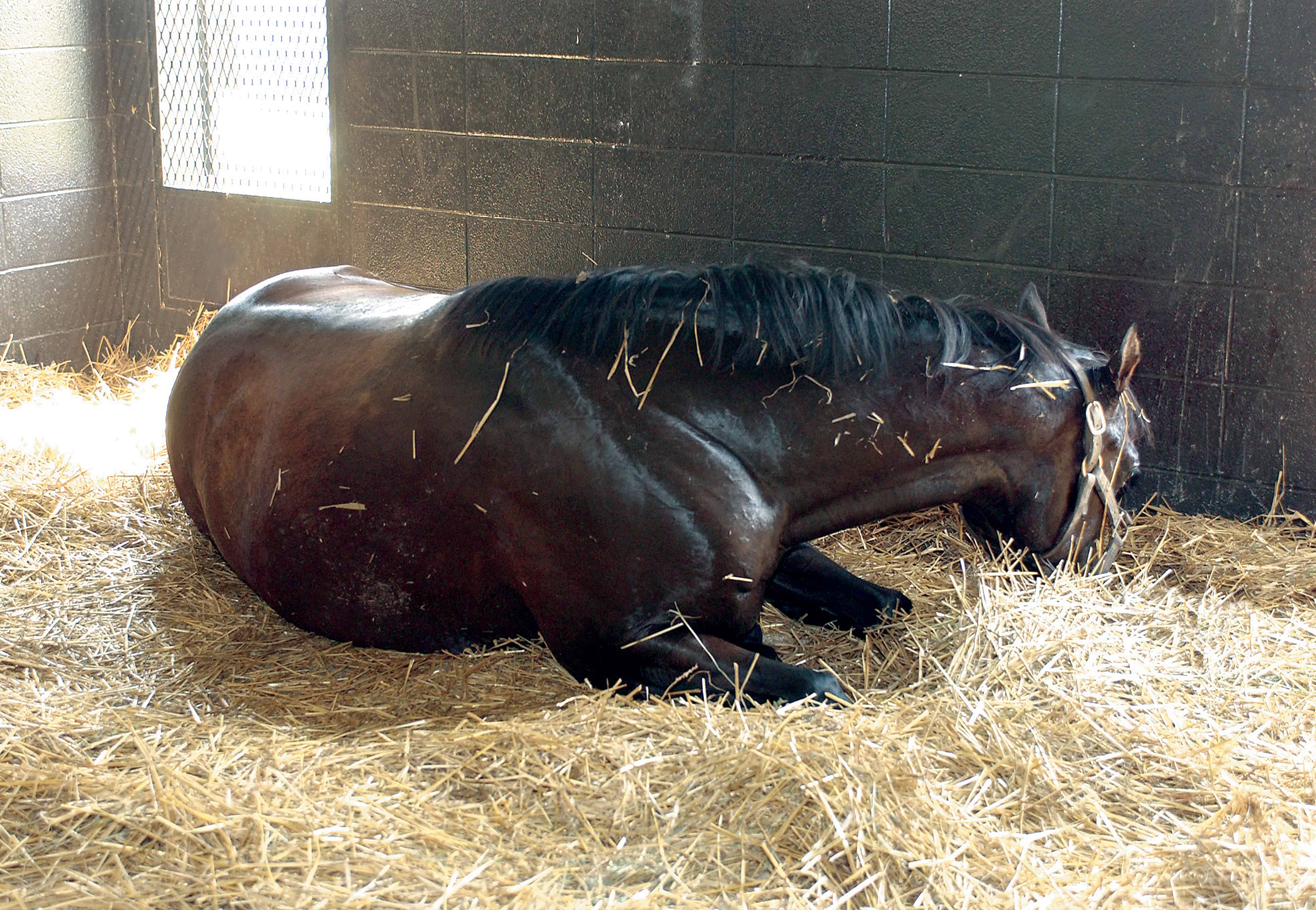2019 Havemeyer Workshop Panelists Focus on Equine Colic

The panel included Frank Andrews, DVM, MS, Dipl. ACVIM, of Louisiana State University; Barbara Dallap-Schaer, VMD, Dipl. ACVS, ACVECC, of the University of Pennsylvania; Michelle Barton, DVM, PhD, Dipl. ACVIM, of the University of Georgia; and workshop organizer Diana Hassel, DVM, PhD, Dipl. ACVS, ACVECC, of Colorado State University.
Oral and Rectal Fluids
Sometimes practitioners provide oral fluids to horses suffering from impaction colic, especially if they suspect dehydration as a contributing factor. Veterinarian attendees expressed interest in what the panelists add to these fluids. While vets often administer mineral oil, the panel agreed that its greatest benefit is as a marker for liquid passage through the gastrointestinal (GI) tract. Some panelists mentioned administering 5 liters of balanced electrolyte fluids once an hour for five hours. If the impaction is due to sand, and the sand is moving, they recommended administering Epsom salts and psyllium.
Discussion then turned to administering fluids rectally. The panel agreed this can be beneficial in some cases, especially if clients can’t afford for the veterinarian to administer intravenous fluids or other treatments. Anecdotally, some panelists have found continuous rectal infusion of tap water more beneficial in some cases than oral electrolytes. Partially used 5-liter fluid bags are particularly useful as a fluid source for rectal administration. One clinician in the audience said his clinic keeps these fluid bags specifically for this purpose. Take caution, the panelists said, when administering rectal fluids, as there is the potential for rectal tears
Create a free account with TheHorse.com to view this content.
TheHorse.com is home to thousands of free articles about horse health care. In order to access some of our exclusive free content, you must be signed into TheHorse.com.
Start your free account today!
Already have an account?
and continue reading.

Written by:
Clair Thunes, PhD
Related Articles
Stay on top of the most recent Horse Health news with












